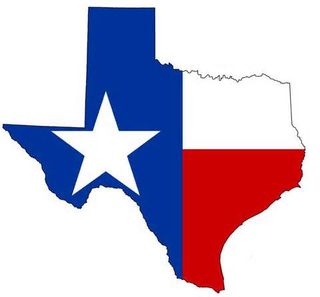 When most people think of wills and estate plans, they usually think about the primary function of distributing assets to children. The natural next thought is, if they have no children, then they don't need a will. But estate plans, and especially wills, actually serve a number of important purposes, only one of which is conveying assets to children.
When most people think of wills and estate plans, they usually think about the primary function of distributing assets to children. The natural next thought is, if they have no children, then they don't need a will. But estate plans, and especially wills, actually serve a number of important purposes, only one of which is conveying assets to children.
As U.S. News & World Report points out in, "No Kids? You Still Need an Estate Plan," people without children need, at the very least, to have a will if they want to have a say in who gets their assets after they pass away.
People who pass away without a will are said to have died intestate. Every state has a law that determines who gets the assets of people who die intestate. The laws all operate similarly, in that the assets are given to the person's closest living relatives.
 Houston Estate Planning and Elder Law Attorney Blog
Houston Estate Planning and Elder Law Attorney Blog








